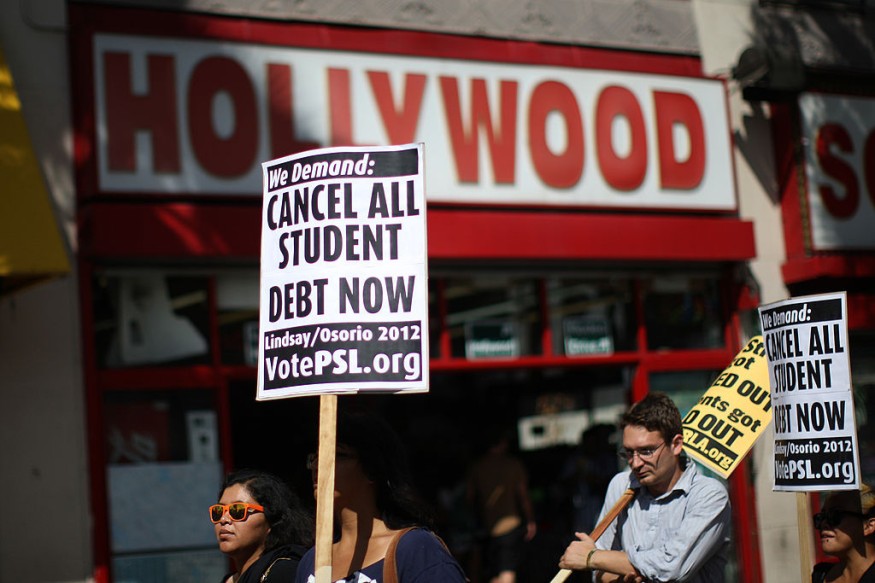Student Debts Excluded From Second Round of Stimulus Package, Should Be Scrapped

Student debts are to be excluded from further relief in the second round of the proposed Republican stimulus package.
This after President Donald Trump extended the student debts and interest through December 31.
However, many are clamoring for the cancellation of student debts amidst the COVID-19 pandemic.
Advocates for student loan borrowers criticized the president's memorandum as woefully insufficient.
Student Borrower Protection Center said that the president's action on student debt falls short for what Americas need to stay afloat during the public health crisis. Advocates said that borrowers deserve relief.
"This includes the 9 million borrowers with loans that are not covered by the president's proposal. Second, as we've said before, pausing payments will only kick the can down the road for borrowers facing job loss and financial upheaval - including millions in distress before the pandemic. The tens of millions of Americans drowning under the weight of student debt urgently need meaningful relief, not political games." Student Borrower Protection Center was quoted.
There were several plans on student debts concerns.
Democrat U.S. presidential election candidate Joe Biden has plans that make individuals with an income under $ 25,000 per year exempted from student loan payments.
Bureau of Labor and Statistics' latest data said that the average annual income for Americans ages 20 to 24 is roughly $30,000, which only increases with age.
Biden ensures that only five percent of your discretionary income will mandatorily go toward your loans.
Biden promises that after 20 years of consistent payment, the remainder will be forgiven.
In The Nation report, Sarah Sitzler has an income that can never enough to pay the rent in New York City.
Almost ten years of graduating, Sitzler has hardly been able to pay off more than the interest on her student loans.
"Even if I somehow used all of my savings and put it onto the balance, it doesn't make a significant difference," Sitzler was quoted in The Nation report.
Sitzler is one of the many experiencing this story. Student loan borrowers said that COVID-19 relief is proving drastically insufficient across the country.
Student debts in 2020 are now about $1.56 trillion, according to a Forbes report.
A total of 45 million borrowers collectively owe nearly $ 1.6 trillion in student debt in the U.S.
Student loan debt is now the highest consumer debt category, next to mortgage debt, and higher than both credit cards and auto loans.
Between 2017 and 2018, the average student debt at the time increased from $28,650 to $29,200, according to the Institute for College Access & Success.
The Nation report says that students with a graduate degree can have an even harder time paying the student debts, despite potentially earning a higher salary.
Donaldo Prescod, a graduate of San Francisco State University's Cinema Studies master's program and New York resident, said it is a class thing.
Prescod said that whoever is rich in that situation is benefitting.
He said that the CARES Act and HEROES Act that passed in the House are only band-aid solutions.
Check these out:
Student Loans: Debt Hits $1.2 Trillion
Millennials Delay Marriage Until Student Loans are Paid Off, Study Finds
Low-Income Latino Students Less Likely to Take on Student Debt, Attend College: Report
Subscribe to Latin Post!
Sign up for our free newsletter for the Latest coverage!
© 2026 Latin Post. All rights reserved. Do not reproduce without permission.















